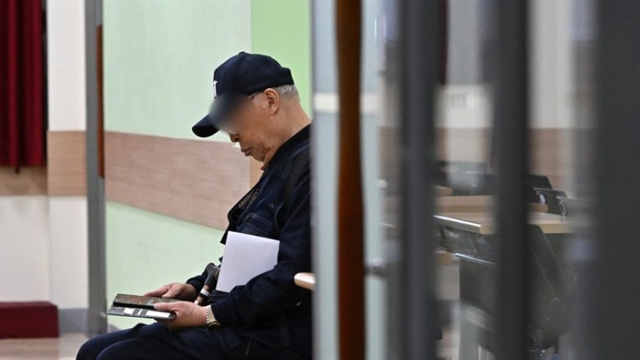 World
World


|
| A man looks at his smartphone at a senior centre in Seoul. — Photo The Korea Herald/ANN |
SEOUL — New research data shows that higher income is closely tied to living longer and healthier lives in South Korea, with the gap between the richest and poorest nearing nine years.
The research, led by professor Yoon Suk-joon from Korea University’s College of Medicine, analyzed the country’s national health insurance data from 2008 to 2020.
An analysis of national health insurance data from 2020 found that those in the highest income group, among five income levels, had an average healthy life expectancy of 74.88 years — 8.66 years longer than the 66.22 years recorded for the lowest income group.
Healthy life expectancy refers to the number of years a person lives free from serious illness or disability. The national average for the 2008-2020 period increased by nearly three years, rising from 68.89 years to 71.82 years.
The study revealed gender differences, as well. In 2020, women had a healthy life expectancy of 73.98 years, 4.55 years longer than men’s 69.43 years.
In another disturbing trend, the research team also found a growing gap between healthy life expectancy and overall life expectancy, which means people are spending more years living in poor health.
While healthy life expectancy increased, overall life expectancy rose even more — from 80.83 years in 2008 to 84.55 years in 2020.
This figure shows that the gap between life expectancy and healthy life expectancy widened, from 11.94 years in 2008 to 12.73 years in 2020.
The study analyzed national health insurance data from 2008 to 2020 and was published in the Journal of Korean Medical Science.
“We need targeted strategies, like health promotion programs for the low-income population, to close these gaps,” said Yoon. — THE KOREA HERALD/ANN




